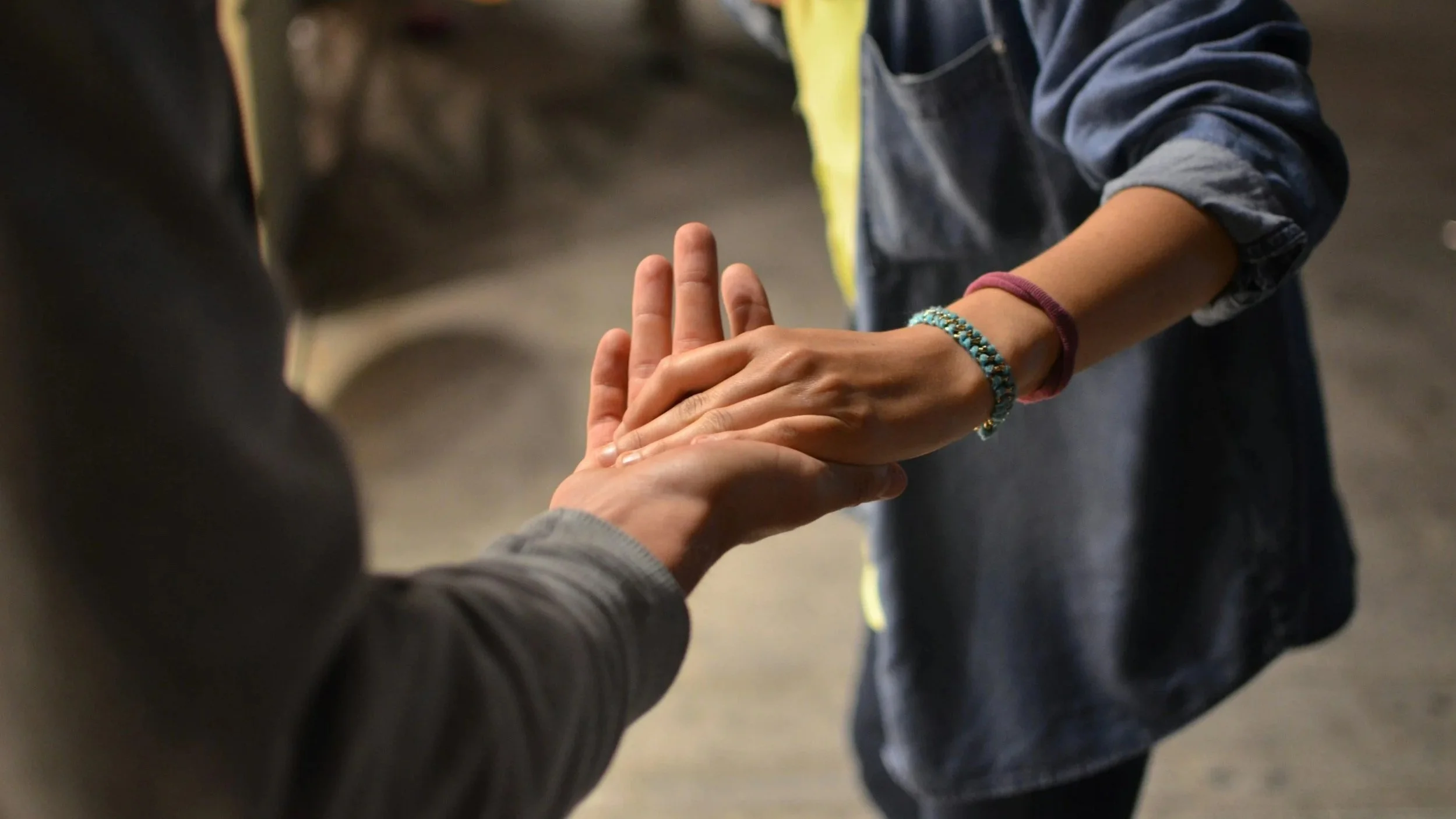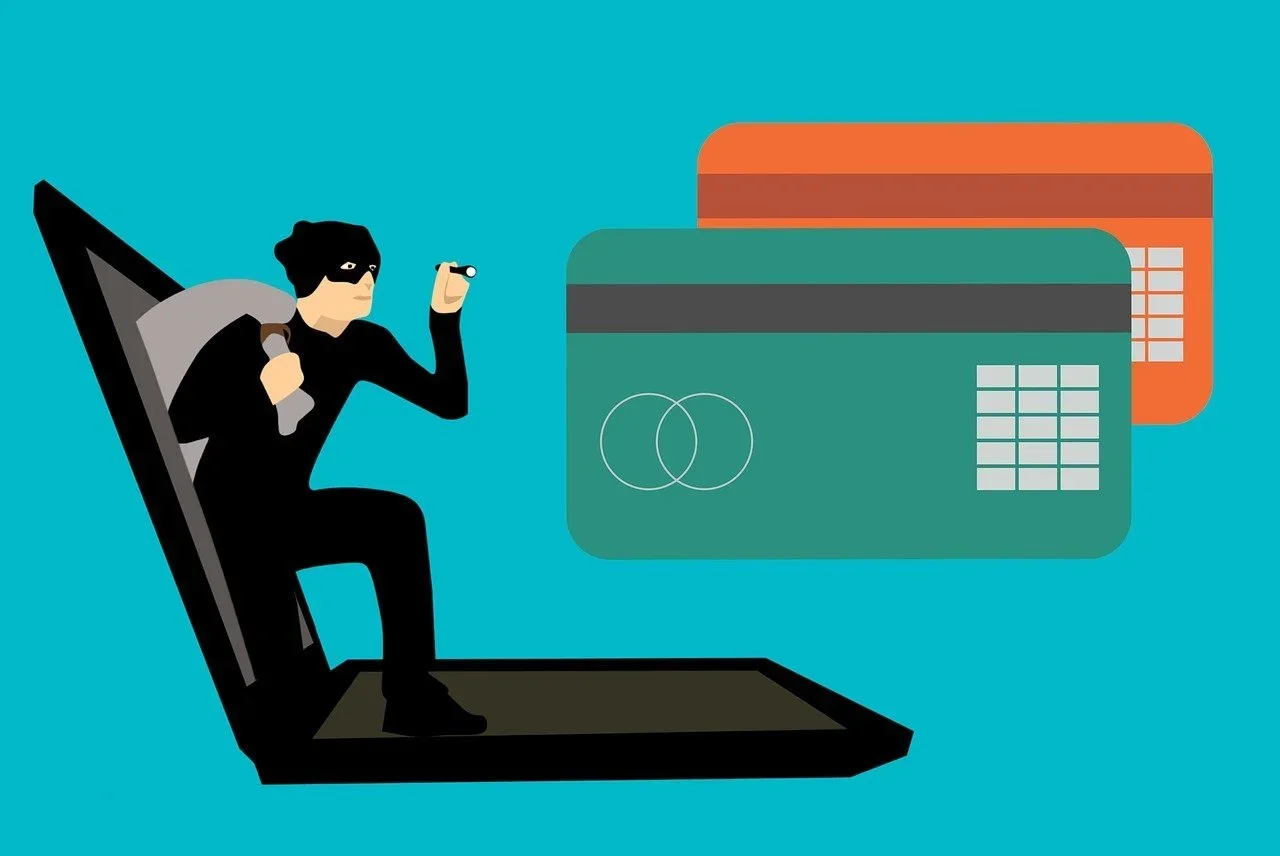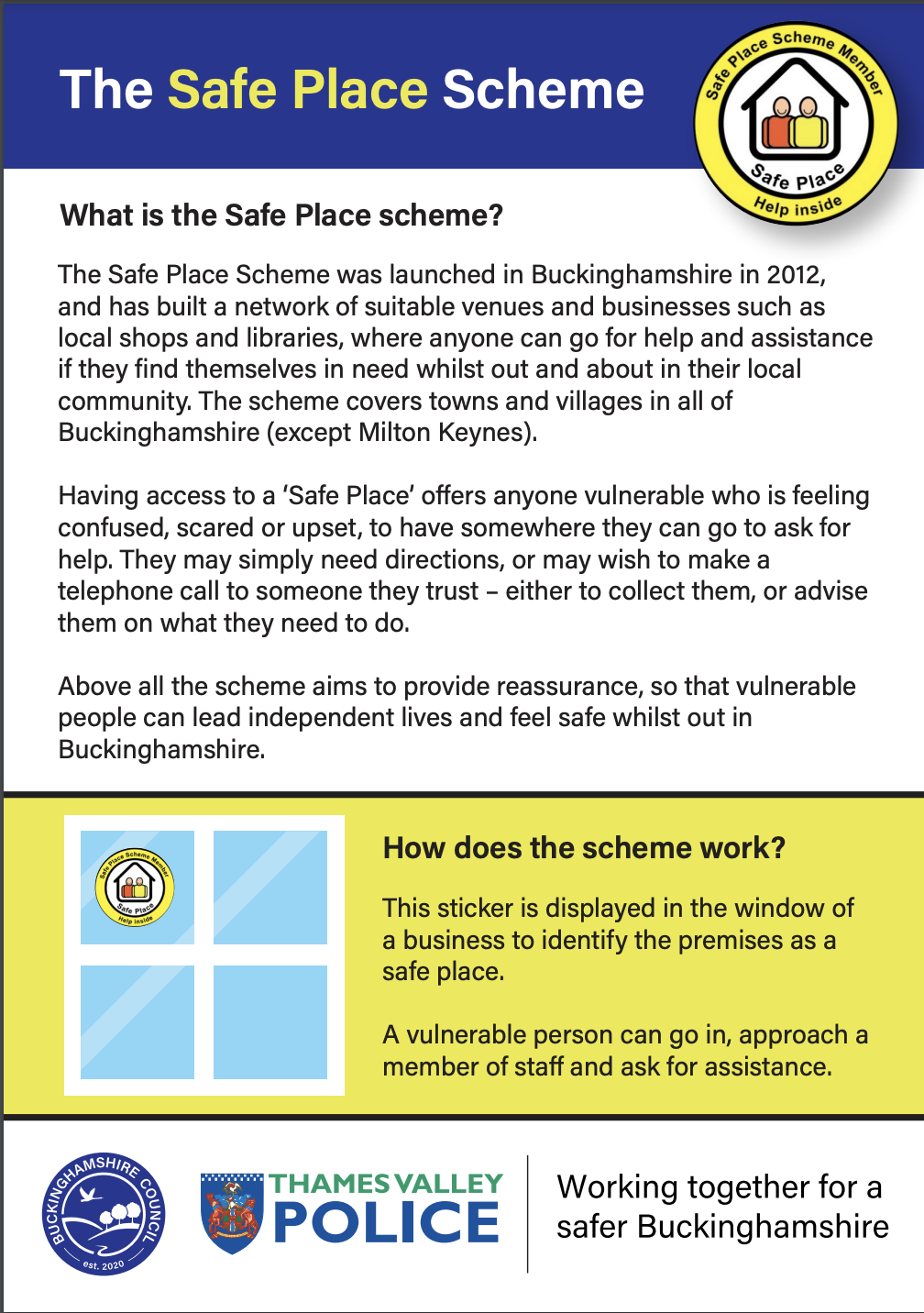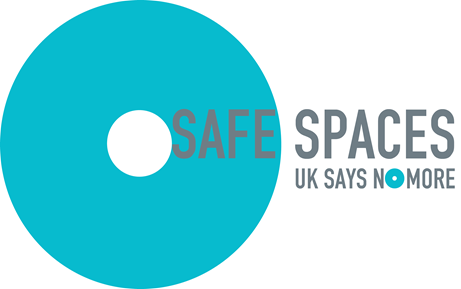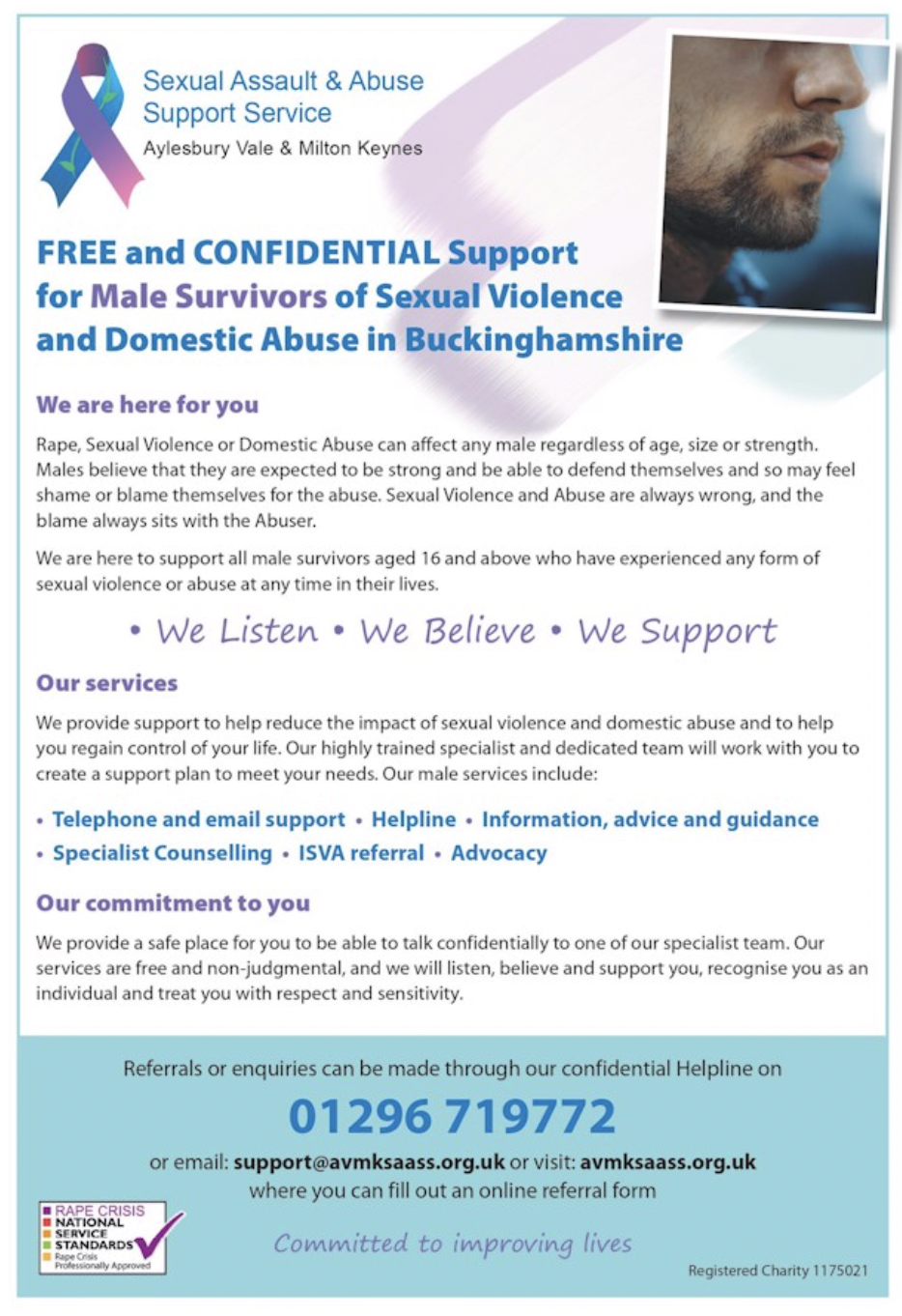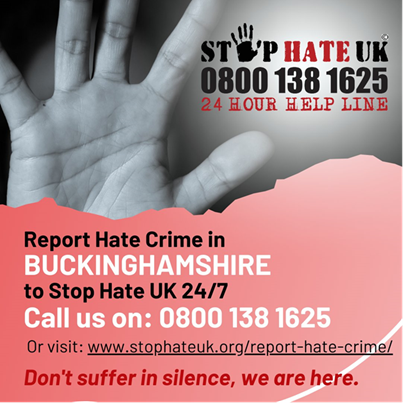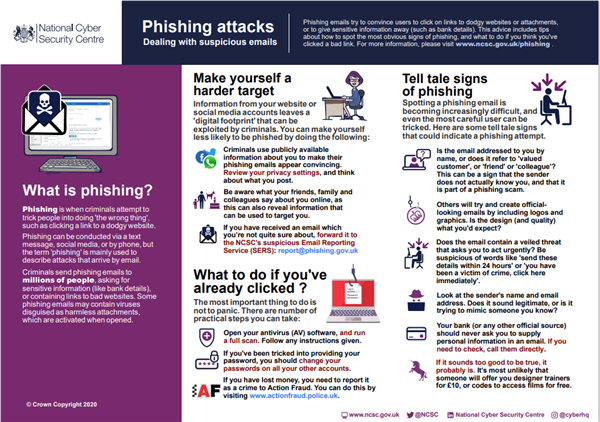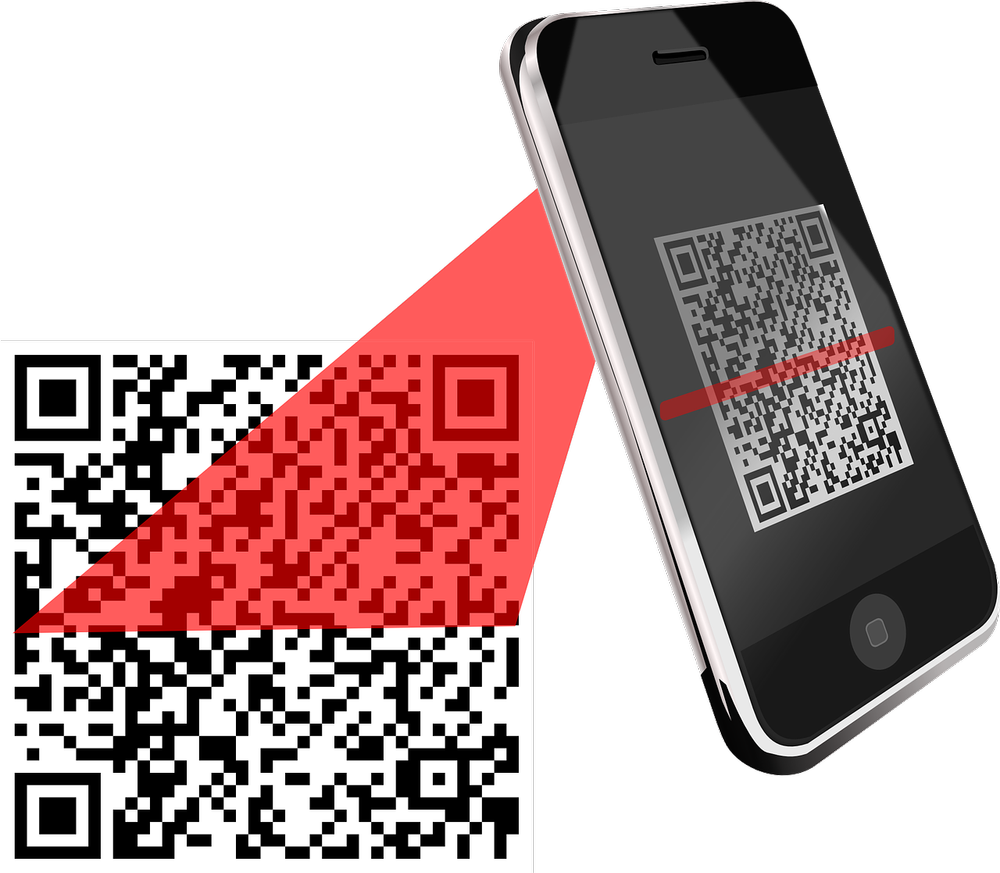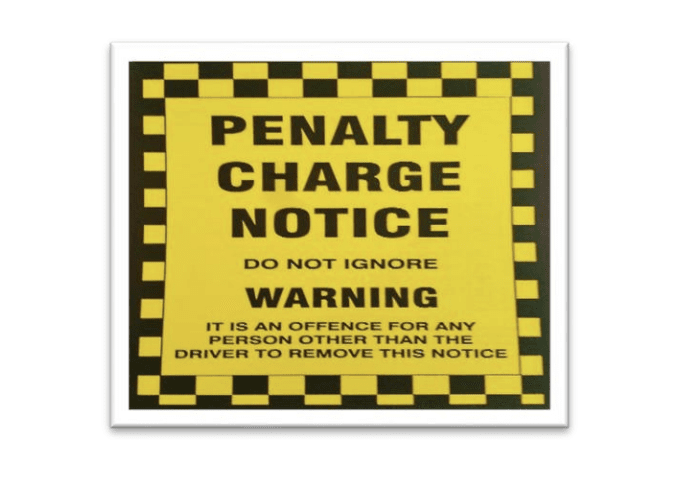Community Safety
To report a crime
Call Thames Valley Police on 101 or visit their report a crime webpage (opens in new tab). In an emergency, call 999.
To report a crime anonymously
Call 0800 555 111 or go to the Crime Stoppers website (opens in new tab).
To access support to help you recover from the impact of crime
Call 0300 1234 148 or visit the Victims First website (opens in new tab).
This page is a compilation of information most relevant to Brill, taken from Buckinghamshire County’s Community Security Newsletters. For information on all aspects of community security please visit the Buckinghamshire Council’s Safety and Crimes web pages (opens in new tab). The information is clear and concise and ideal to consult in a crisis.
The Buckinghamshire Community Security Facebook page (opens in new tab) is very lively and informative and well worth checking regularly. You can do this even if you are not a member of Facebook.
Police.UK (website opens in new tab) is the national website for policing. The site includes information on crime prevention, the criminal justice process, and support services - as well as national and local crime data. Search your postcode to find out about the local policing team, police priorities, and crime statistics.
Crimes reported per month in the Haddenham & Long Crendon area in 2025. Graph from Police.UK.

